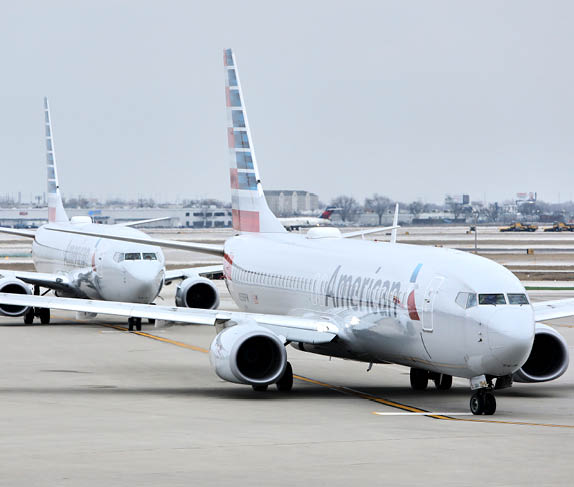Boeing will cut production of its flagship Dreamliner, and delay the arrival of a successor to its 777 mini-jumbo, as it struggles to deal with the grounding of the 737 MAX which continues to dent its third-quarter profits.
During the Q3 2019 results, Boeing reiterated that it still expects the MAX, its best selling plane, which was grounded worldwide after two fatal crashes, to get approval from regulators such as the US Federal Aviation Administration (FAA) to fly again before the end of the year.
However, the company was quick to stress that production costs are expensive for the aircraft, with costs for the 737 MAX rising by $900 million in the third quarter, in addition to the $2.7 billion in extra costs it announced earlier this year.
During the quarter, Boeing reported revenue of $20 billion, down 21% from the $25 billion experienced in the same period last year. The company said this reflected "lower 737 deliveries partially offset by higher defence and services volume".
Boeing has assumed that regulatory approval of the 737 MAX will be granted in the near future with a return to service beginning in the fourth quarter of 2019 and that it will gradually increase the 737 production rate from 42 per month to 57 per month by late 2020. This is later than what the company planned earlier this year when it said it would like to increase production from 42 to 47 single-aisle aircraft per month in October, and then increase aircraft to 52 a month - the previously pre-crash rate.
Boeing continues to work on software and training updates for the 737 MAX with guidance and close cooperation with the FAA and global civil aviation authorities.
"Our top priority remains the safe return to service of the 737 MAX, and we're making steady progress," said Boeing president and chief executive officer Dennis Muilenburg. "We've also taken action to further sharpen our company's focus on product and services safety, and we continue to deliver on customer commitments and capture new opportunities with our values of safety, quality and integrity always at the forefront."
The grounding of the MAX has seen Boeing enter the lowest period in its more than 100-year history. In July, Boeing took a $4.9 billion after-tax charge to compensate airlines and other customers affected by the grounding.
This month, several management changes have taken place with CEO Dennis Muilenberg being stripped of his role as chairman. As well as the company replacing Kevin McAllister as head of its key commercial unit, which made the 737 MAX.

